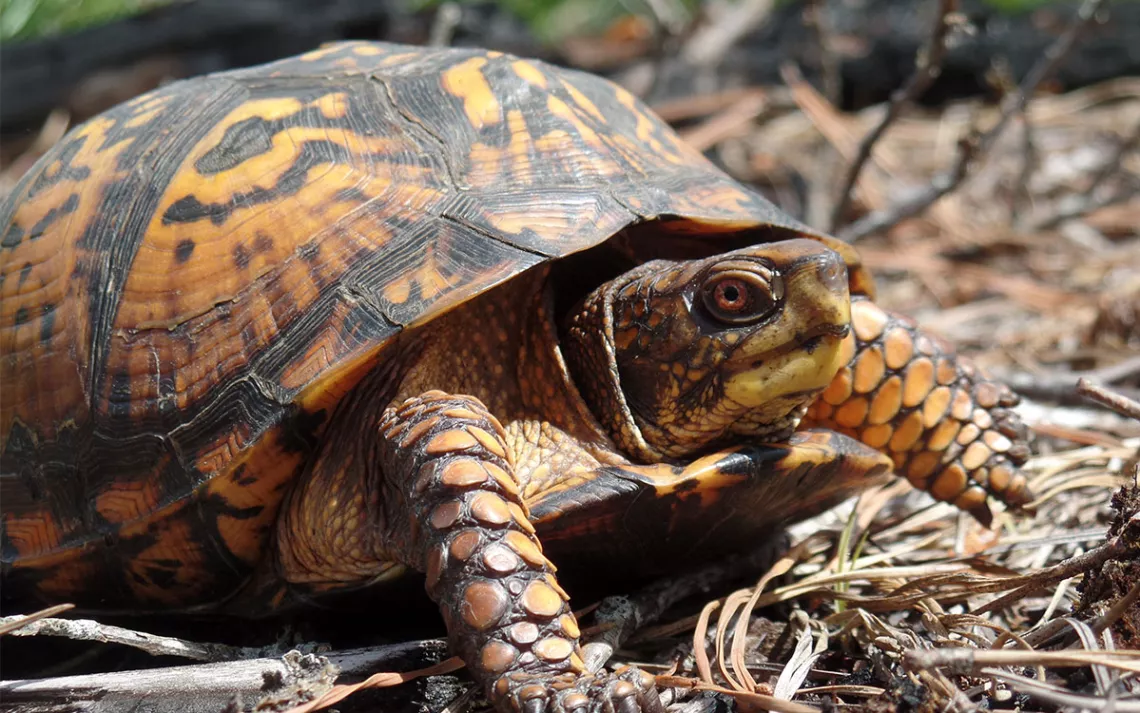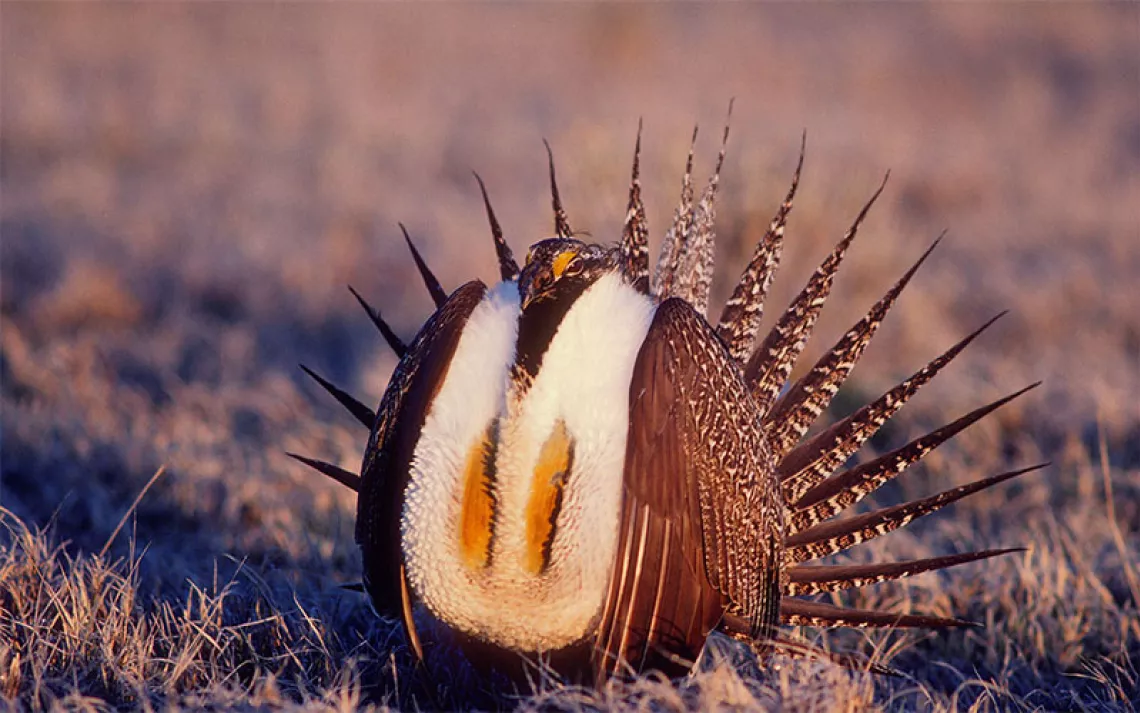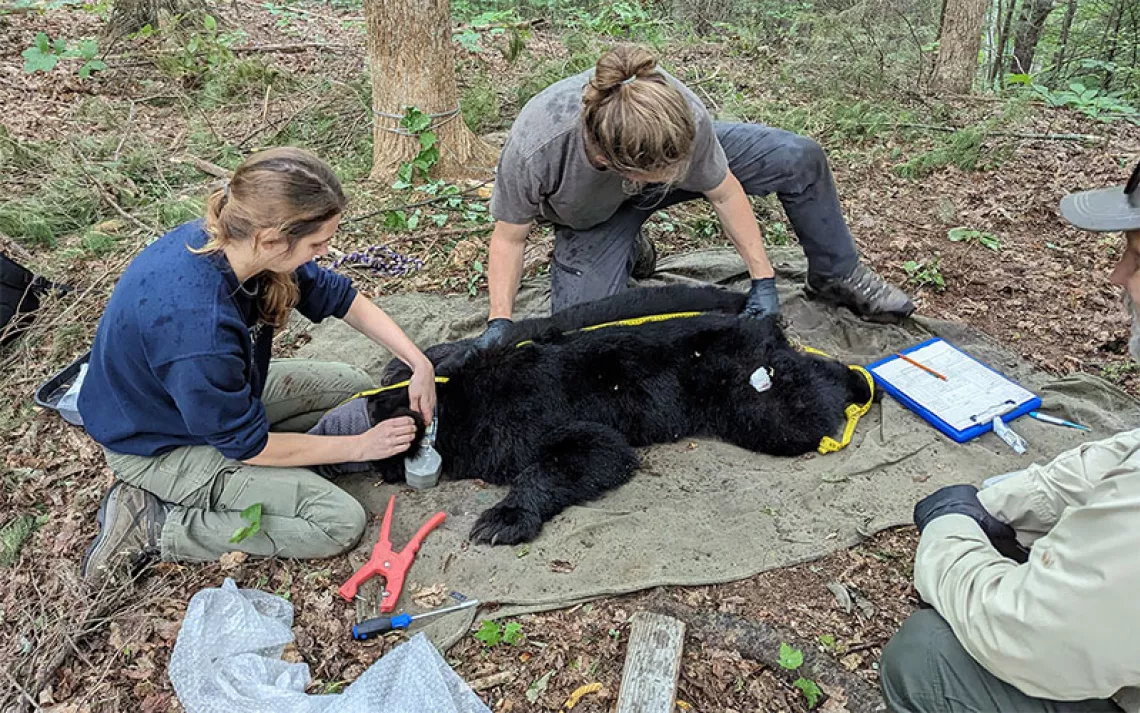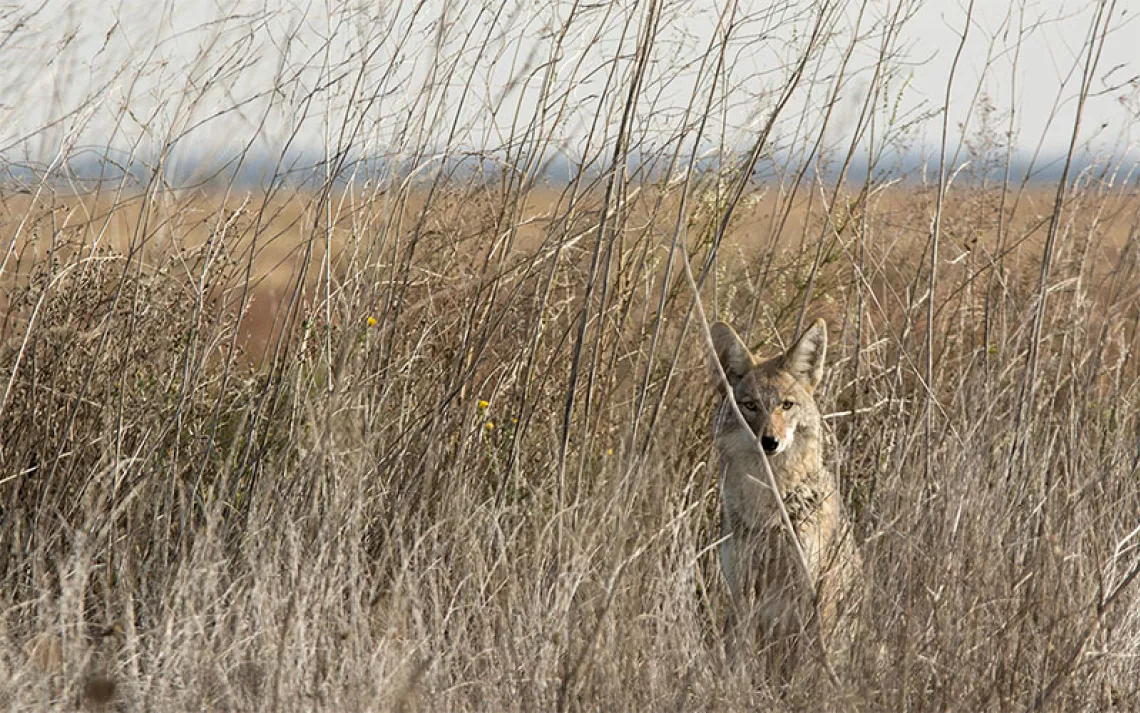Wildlife Traffickers Reveal Tricks of Their Illegal Trade
Restorative justice for traffickers of rare and endangered turtles

A female eastern box turtle. | Photo by Gabrielle De Meillon
When Yuan Xie was growing up in China, he loved turtles. He had 10 species as pets over the years, and they still fascinate him. Box turtles are his favorite, as their shells are almost "like art." Eventually he became something of a turtle expert.
In 2015, Xie moved to the United States to study computer science. He wasn't all that surprised when an acquaintance, a Chinese turtle dealer, approached him with a proposition: Would Xie help him obtain turtles from the US? As Xie knew, a lot of the pet turtles in China originate here or in Mexico. The man said Xie's job would involve posting online ads seeking various types of turtles, buying them, and arranging to have them shipped to another US intermediary.
To Xie, it seemed simple. In China, buying and selling turtles is no big deal. He could use the extra cash. So he figured, why not? The decision pretty much ruined him.
All told, he helped the dealer obtain hundreds of turtles from various sellers—approximately 134 Florida box turtles, 178 eastern box turtles, 127 North American wood turtles, 220 spotted turtles, 77 diamondback terrapins, 25 three-toed box turtles, seven yellow-blotched map turtles, and one Blanding's turtle. That part was not illegal. But when the turtles were shipped from his then residence in Eugene, Oregon (on their way to their ultimate destination in China), it became a federal wildlife crime.
In 2018, Xie was arrested and charged with conspiracy to smuggle goods out of the US in contravention of the Convention on International Trade in Endangered Species. He pleaded guilty and was sentenced to five years of probation, $15,000 in restitution, and 500 hours of community service. He left his computer science program, got divorced, and sank into a deep depression. He's required to stay in the US until he completes his probation. Once he does, he'll be sent back to China.
Assistant US attorney Pamela Paaso, who handled Xie's case, said federal prosecutors don't typically get involved in the details of community service; offenders work that out with their probation officers. But US Fish and Wildlife investigator Paul Montuori wondered if Xie's knowledge could be turned into a kind of community service. Paaso, in turn, suggested it to the sentencing judge. It was a way, Paaso said, of "ensuring the punishment might align more with the crime."
So instead of picking up trash on the side of the highway, Xie is assisting Meredith Gore, a professor of wildlife conservation at the University of Maryland. Using his expertise, he is showing her how wildlife traffickers and buyers connect online and how the market works. The hope is that Gore and others might be able to identify better approaches for prevention.
So far, two others convicted of wildlife crimes are also assisting Gore's research. One owned a traditional Chinese herbal shop and sold 30 grams of pangolin scales (the weight of about 12 pennies) to an undercover agent. Another bought, sold, and shipped live scorpions to and from Germany and elsewhere without proper permits. "The traffickers," Gore said, "become the teachers." For his part, Xie said that the work has given him purpose.
Gore was a perfect fit for the pilot project. She calls her work "conservation criminology" and takes an interdisciplinary approach, looking at everything from natural-resource policy to enforcement and human behavior. She first got interested in the practical application of research as an intern working at Defenders of Wildlife in the 1990s. Tasked with organizing scientific papers, she remembered being struck by the disconnect between the researchers in the field and the policymakers on Capitol Hill. "Scientists have all this information, and it goes nowhere. It literally goes into a filing cabinet," she said.
Throughout her career, Gore has explored issues involving bears in upstate New York, pangolins in Cameroon, and elephants in South Africa. The opportunity to work with the convicted wildlife traffickers presented a new approach. She likens it to restorative justice, which typically involves some form of reconciliation between offenders and victims. Reconciliation isn't exactly possible in wildlife cases, considering the victims are flora and fauna, so she looks at the restorative aspect in a more expansive way. "Maybe there's an opportunity to innovate here and repair harm, not only to an environment or the species, but also to help offenders not do this again," she said.
Now, instead of studying computer science, Xie is searching for suspected turtle traffickers online. He knows exactly where to look (primarily Instagram, WeChat, and other social sites). He follows the trends, understanding that a Florida box turtle may be popular one moment and a spotted turtle the next. "I could find turtles for sale every day, every hour," he said. Xie documents each contact in a report, including the seller's web address, the species, the price, and other details. Then he sends it off to Gore. "He definitely knows a lot more about it than I do. [As a result,] I can do my science better," she said.
As for Xie, the process has helped him see the very real downsides of trafficking. "A lot of turtles die," he said. He hopes the information he provides might help authorities cut off some of the trade lines.
Today, the approach is still in the beginning phases. Gore hopes it will soon yield more tangible results: Are there particular airports favored by traffickers? Keywords that could tip off authorities to an illegal operation? Connections among the traffickers?
"What I see bubbling to the top is, these are people that actually care about wildlife," she said. "There's this idea that the traffickers don't care about the animals. But the offenders I'm working with know a lot about the animals. I think they want to help."
 The Magazine of The Sierra Club
The Magazine of The Sierra Club



